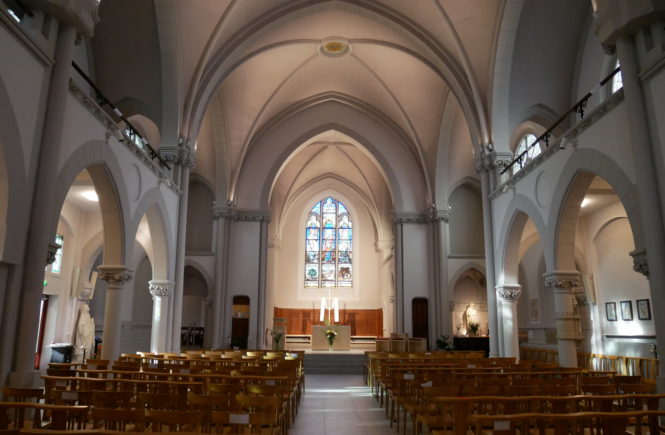“When the Church has no enemies to fight, and sails on a calm sea, no one thinks of preparing for battle, nor of forestalling the pitfalls from which one might expect wreckage during the storm. The Church necessarily falls as soon as she speculates that she can no longer fall, the cause probably being the neglect that follows this claim, for one hardly thinks of digging deep into the matters of a religion that no one is challenging.”
Benjamin Constant, The Liberty of Ancients Compared with that of Moderns (1819)
Benjamin Constant, The Liberty of Ancients Compared with that of Moderns (Unknown, 1819). The Liberty of Ancients Compared with that of Moderns Gentlemen, I wish to submit for your attention a few distinctions, still rather new, between two kinds of liberty: these differences have thus far remained unnoticed, or at least insufficiently remarked. The first is the liberty the exercise of which was so dear to the ancient peoples; the second the one the enjoyment of which is especially precious to the modern nations. If I am right, this investigation will prove interesting from two different angles. Firstly, the confusion […]
Material on the French school of political economy
Pierre de Boisguilbert (1646-1714) Hazel Van Dyke Roberts, Boisguilbert: economist of the reign of Louis XIV, New York, Columbia University Press, 1935 “Boisguilbert: An Early French Economist“, 1873, Westminster Review Vauban (1633-1707) A Project for a Royal Tythe, or General Tax, which by suppressing all the ancient funds and later projects for raising the public revenues, and for ever abolishing all exemptions, unequal assessments, and all rigours and oppressive distraining of people, will furnish the government a fixt and certain revenue, sufficient for all its exigencies and occasions, without oppressing the subjects, London, 1708 (see also the 1710 edition) Richard […]

